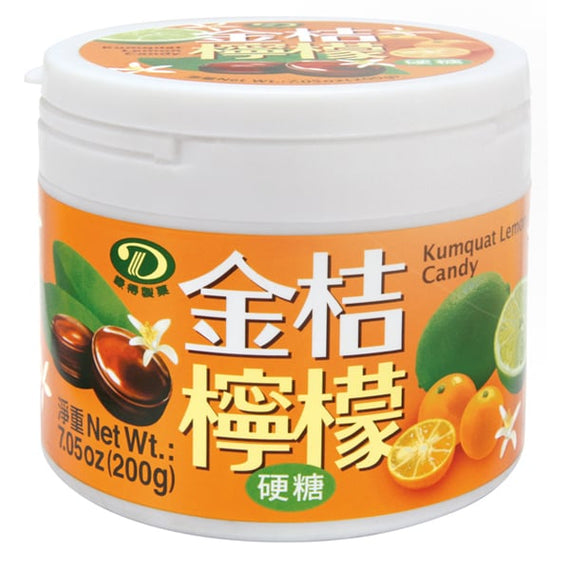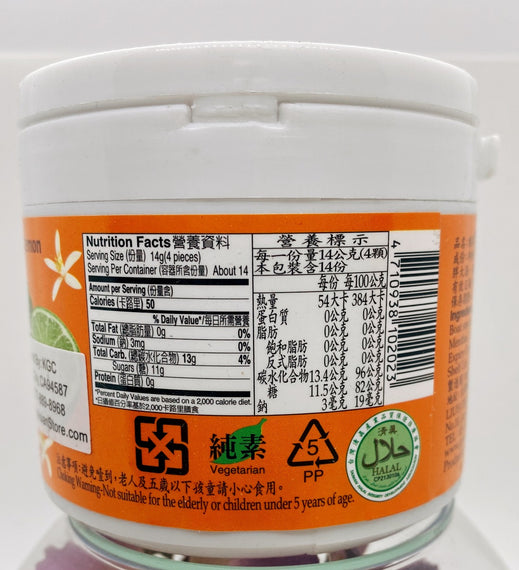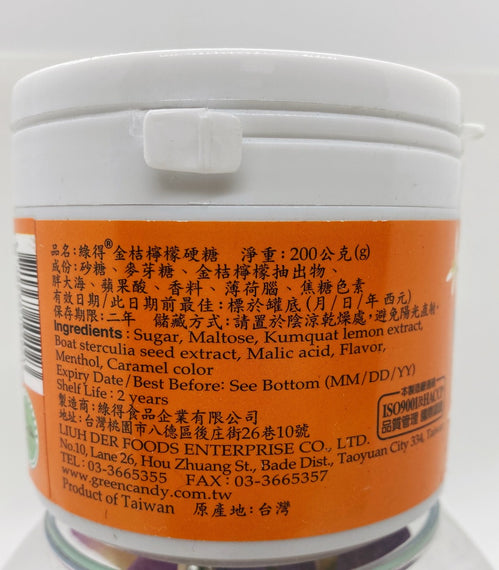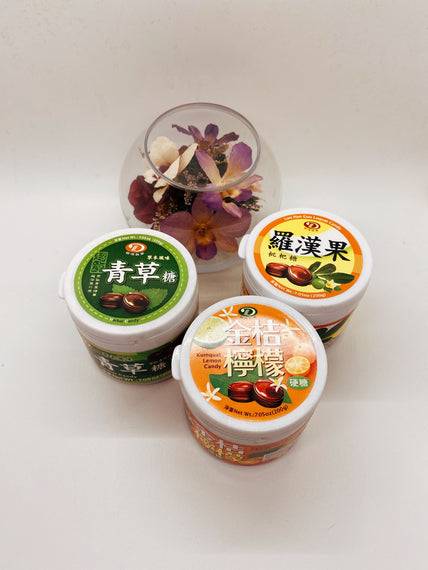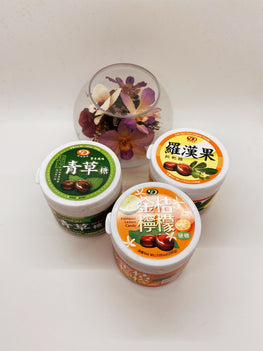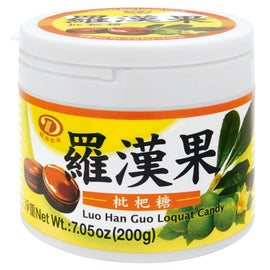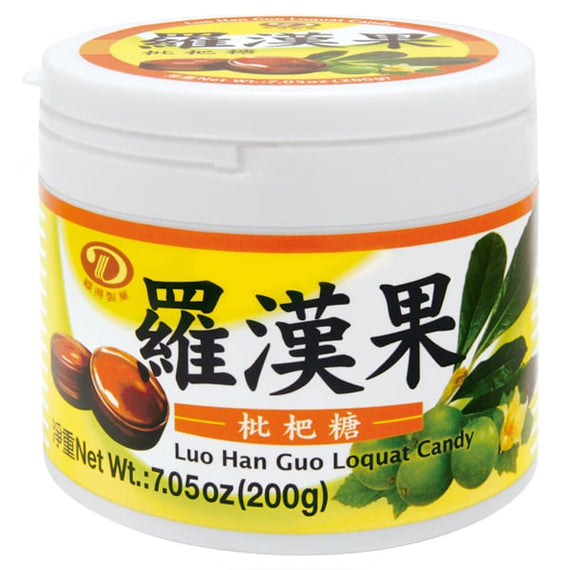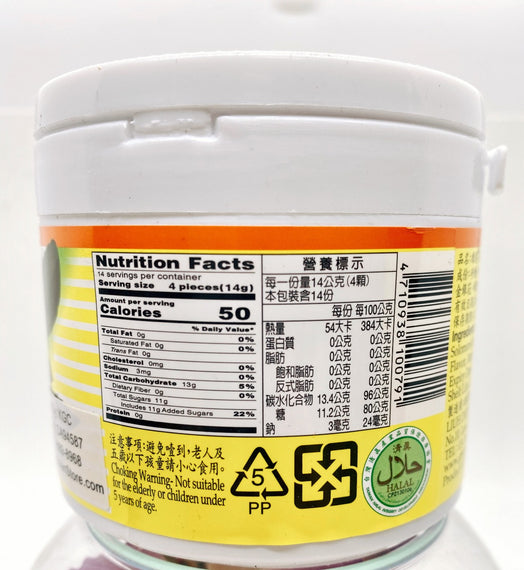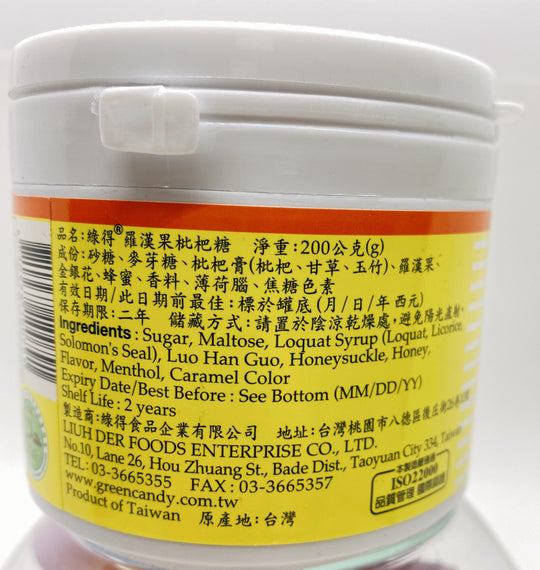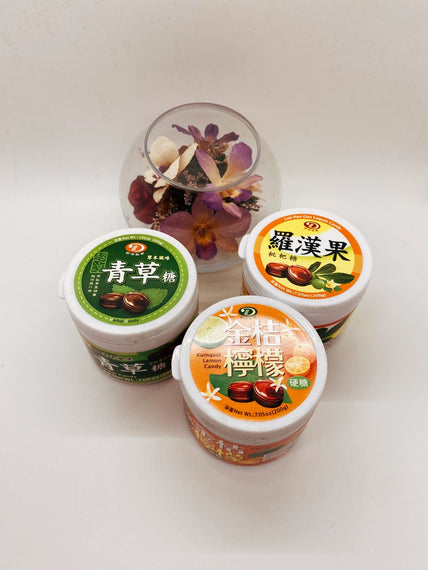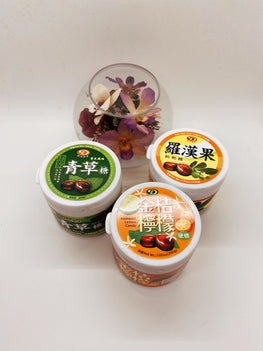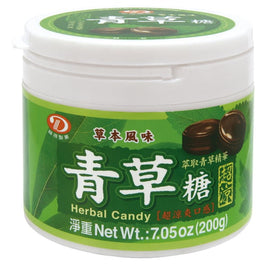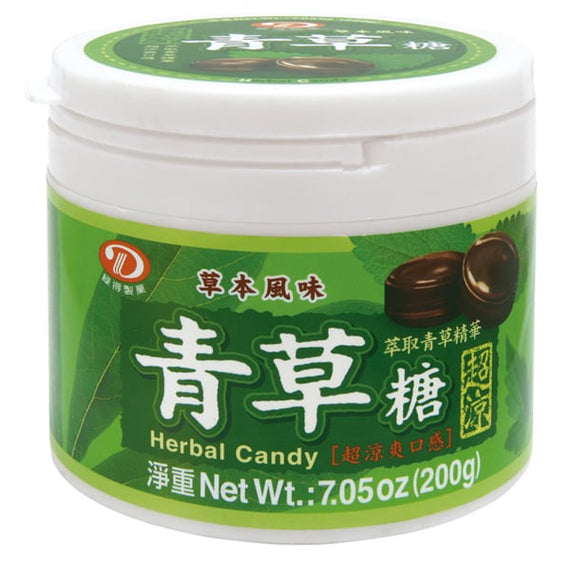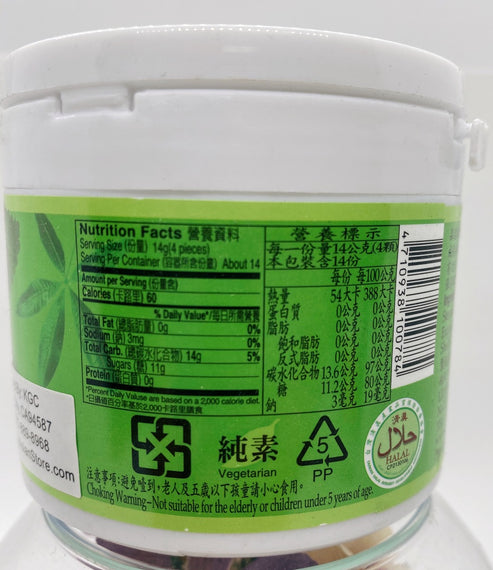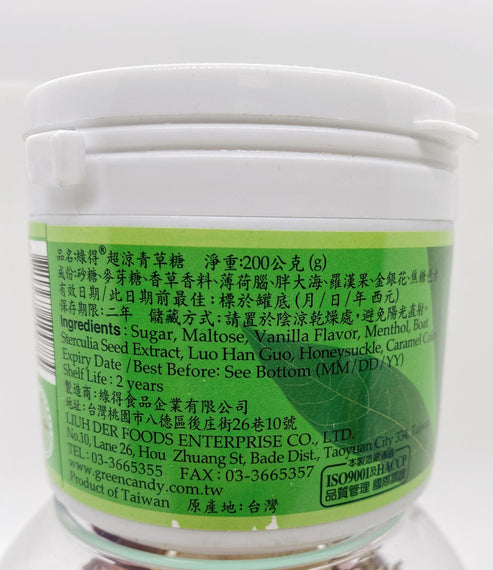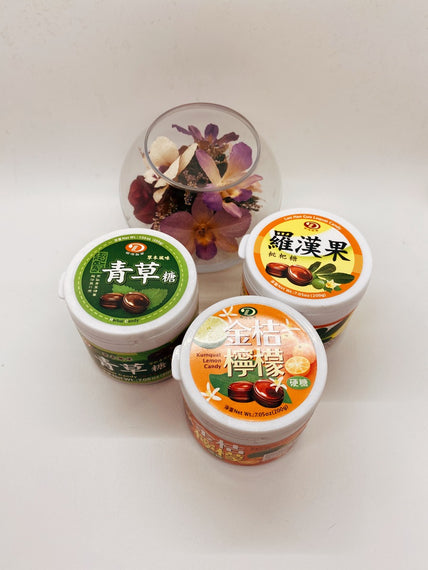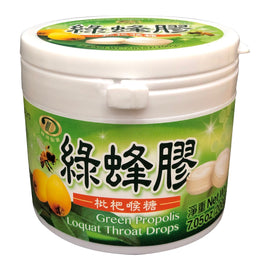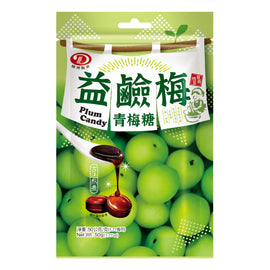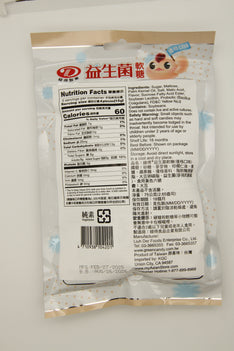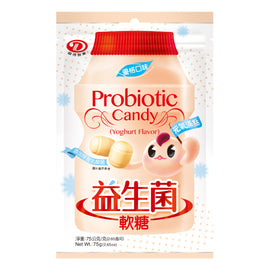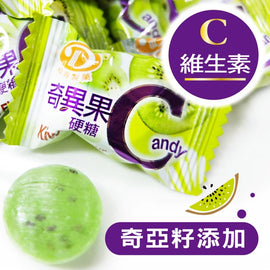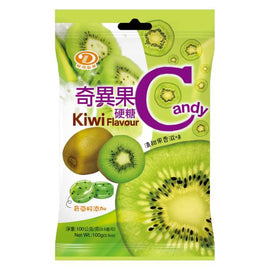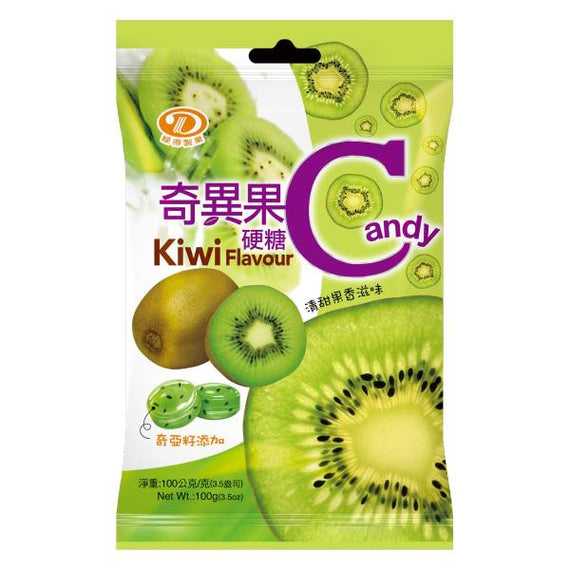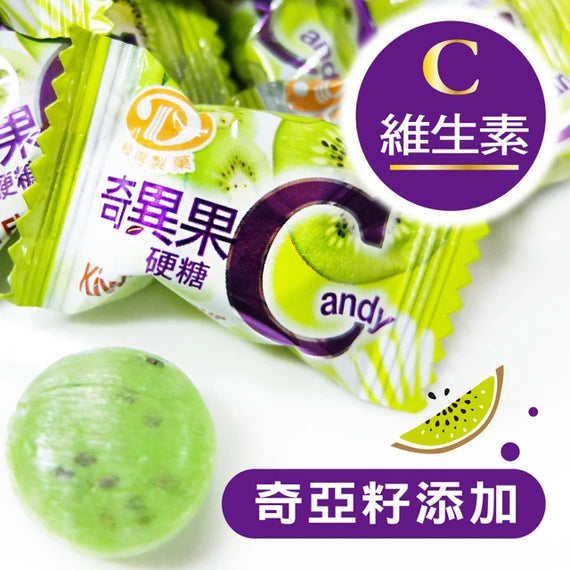Product successfully added to your shopping cart
LIUH DER Kumquat Lemon Candy 綠得製菓 金桔檸檬硬糖 200G
The kumquat (金桔, jīn jú - literally "golden orange") holds a valued place in Traditional Chinese Medicine (TCM), not just as a fruit but as a functional food and gentle remedy. Its use is deeply intertwined with the principles of balancing the body's energies.
Here’s a detailed look at the use of kumquat in TCM.
TCM Properties and Energetics
In TCM theory, every substance has specific properties that determine how it affects the body:
-
Nature: Warm (温, wēn)
-
Flavor: Pungent/Acrid (辛, xīn), Sweet (甘, gān), and Sour (酸, suān)
-
Meridians Entered (Primary): Liver (肝, gān), Spleen (脾, pí), Stomach (胃, wèi), and Lung (肺, fèi)
Key Therapeutic Actions and Uses
Based on its properties, kumquat is primarily used for the following purposes in TCM:
1. Regulating Qi (Energy Flow) and Relieving Stagnation
This is one of its most important functions. The pungent flavor helps to move stagnant Qi, particularly in the Liver and Spleen systems.
-
Liver Qi Stagnation: In TCM, the Liver is responsible for the smooth flow of Qi and emotions. When stressed or emotionally constrained, Liver Qi can become stuck, leading to symptoms like irritability, depression, rib-side distension, and pre-menstrual syndrome (PMS). Kumquat helps to soothe the Liver and promote the free flow of Qi.
-
Spleen and Stomach Qi Stagnation: The Spleen is central to digestion. When its function is impaired (often by dampness or poor diet), it can lead to food stagnation. Kumquat's warm nature and movement help alleviate indigestion, bloating, fullness after eating, and poor appetite.
2. Resolving Phlegm and Stopping Cough
The combination of moving Qi and resolving dampness makes kumquat excellent for addressing phlegm, especially white, thin phlegm associated with cold patterns.
-
It is commonly used for coughs, colds, and wheezing where phlegm accumulation is a key symptom. By regulating the Qi of the Lungs (which governs respiration), it helps to expel phlegm and ease breathing. This is why kumquat tea or kumquat preserves are a very popular home remedy for sore throats and coughs.
3. Harmonizing the Stomach and Aiding Digestion
Its sweet and slightly sour flavor, along with its warm nature, helps to harmonize the Middle Jiao (the Spleen and Stomach).
-
It stimulates a weak digestive fire without being overly harsh. It can ease nausea and vomiting and promote a healthy appetite.
4. Soothing the Throat and Quenching Thirst
The moistening quality of the fruit pulp, combined with its ability to clear phlegm, makes it beneficial for soothing a dry or scratchy throat.
Common Preparations and Home Remedies
Kumquat is most often used in simple, food-based preparations:
-
Kumquat Tea (金桔茶, jīn jú chá): Fresh or dried kumquats are simmered in water, often with a small amount of rock sugar (冰糖, bīng táng) or honey. Honey adds its own moistening and lung-benefiting properties. This is the go-to remedy for a cough or sore throat.
-
Preserved Kumquats (蜜饯金桔, mìjiàn jīn jú): Kumquats are candied or preserved in honey or sugar. These can be eaten as a snack to aid digestion after a meal or dissolved in hot water to make tea.
-
Kumquat Sauce or Jam: Used as a condiment, this can help stimulate digestion when eaten with rich foods.
-
Eating Fresh: Simply eating a few fresh kumquats is believed to help prevent colds, especially during seasonal changes.
Important TCM Considerations and Cautions
While kumquat is a gentle food, TCM principles highlight situations where it should be used with caution or avoided:
-
Heat Conditions: Because kumquat is warm in nature, it is not suitable for conditions of "excess heat" or "yin deficiency with heat." Symptoms of these patterns include a high fever, severe sore throat with redness, yellow phlegm, thirst for cold drinks, constipation, and a red tongue with a yellow coating. In these cases, kumquat could potentially worsen the heat.
-
Damp-Heat Patterns: If phlegm is thick, yellow, and difficult to expel (a sign of damp-heat in the Lungs), kumquat may not be the best choice.
-
Blood Sugar: The common preparations with sugar or honey mean that individuals with diabetes or blood sugar concerns should be mindful of their intake.
Summary
In Traditional Chinese Medicine, the humble kumquat is much more than a tart fruit. It is a gentle yet effective medicine that:
-
Moves Qi to relieve stress and digestive bloating.
-
Resolves Phlegm to treat coughs and colds.
-
Harmonizes the Stomach to improve digestion.
Its enduring popularity in Chinese culture, especially as a home remedy during the winter months, is a testament to its valued role in maintaining health according to the ancient principles of TCM.
Country of Origin: Taiwan
Net Weight: 7.05 oz (200g)
Soothing throat drops for relieving itchy throat!

